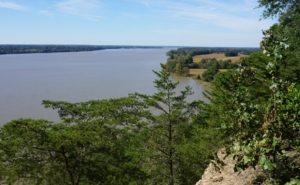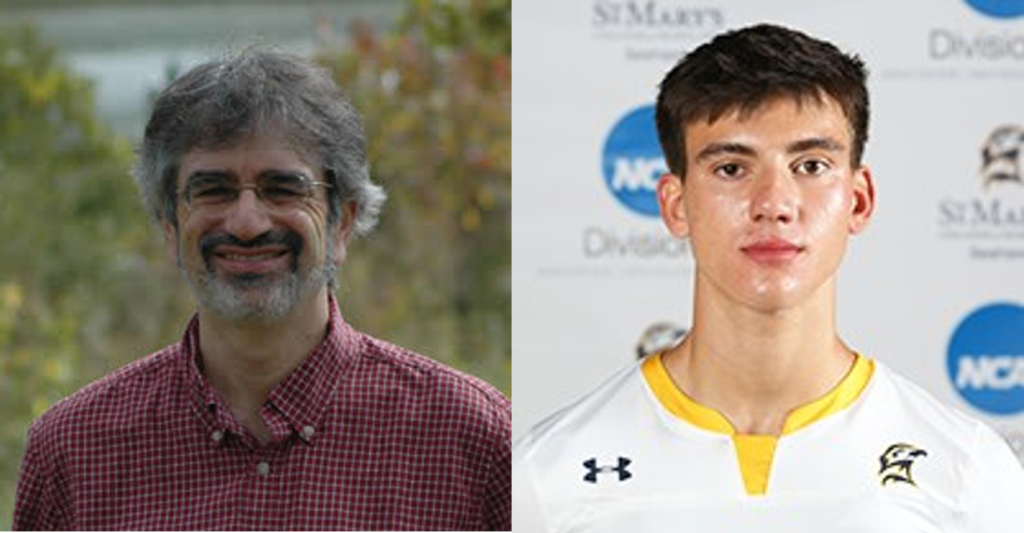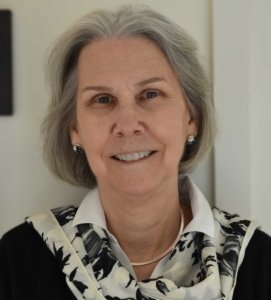 Jennifer Cognard-Black, professor of English and 2020 recipient of the Robert Foster Cherry Award for Great Teaching, is a 2022 recipient of an Independent Artist Award presented by the Maryland State Arts Council. Cognard-Black will receive a $2,000 regional grant to recognize promise in fiction writing. This is her second Maryland State Arts Council Award; she received her first in 2013.
Jennifer Cognard-Black, professor of English and 2020 recipient of the Robert Foster Cherry Award for Great Teaching, is a 2022 recipient of an Independent Artist Award presented by the Maryland State Arts Council. Cognard-Black will receive a $2,000 regional grant to recognize promise in fiction writing. This is her second Maryland State Arts Council Award; she received her first in 2013.
Cognard-Black says of this award, “While the Individual Artist Awards honor past writing – in this case, two of my short stories – what I appreciate most is how these awards support artists as they move toward their creative futures. For me, that’s a novel I’m writing fictionalizing part of the life of the novelist Edith Wharton against the backdrop of World War I, the Harlem Renaissance, and the Photo-Secessionist movement. To know that members of MSAC find promise in my current work helps give me energy towards its completion.”
One of her award-winning short stories is included in the forthcoming issue of SlackWater, an occasional journal published by St. Mary’s College of Maryland, featuring the work of faculty, students and members of the Southern Maryland community.
This year’s 69 awardees were chosen from a pool of nearly 300 applicants through a public panel process. With this year’s awards focused on the literary arts, the 2022 awardees represent a wide range of artistic talents – ranging from poets to playwrights, novelists to essayists – from all across the state. Click here for the full list of winners.

 Professor of Anthropology Julia King took part in the pilot episode of “Tribal Truths,” a new podcast series from RadioIQ that aims to debunk myths and legends with facts, teaching about tribal cultures and current issues.
Professor of Anthropology Julia King took part in the pilot episode of “Tribal Truths,” a new podcast series from RadioIQ that aims to debunk myths and legends with facts, teaching about tribal cultures and current issues.

 Professor of Art Sue Johnson will be in residence for one-month to carry out collection research for her project, Woman, As Advertised, which focuses on 19th and early 20th century material culture sources for the creation of new works for her on-going project, Hall of Portraits from The History of Machines. She explains the importance of the process of research that informs her creative work that “mining the archive is like building a time machine; I look at the material culture of the past as a way of understanding what has come into being in our contemporary times.“
Professor of Art Sue Johnson will be in residence for one-month to carry out collection research for her project, Woman, As Advertised, which focuses on 19th and early 20th century material culture sources for the creation of new works for her on-going project, Hall of Portraits from The History of Machines. She explains the importance of the process of research that informs her creative work that “mining the archive is like building a time machine; I look at the material culture of the past as a way of understanding what has come into being in our contemporary times.“ Julia King, professor of anthropology and chair of that department at St. Mary’s College of Maryland, has been awarded a prestigious residential fellowship at the Dumbarton Oaks Research Library and Collection in Washington, D.C.
Julia King, professor of anthropology and chair of that department at St. Mary’s College of Maryland, has been awarded a prestigious residential fellowship at the Dumbarton Oaks Research Library and Collection in Washington, D.C. Professor of History Christine Adams, on sabbatical work as a
Professor of History Christine Adams, on sabbatical work as a  Professor of Anthropology Julia King and adjunct instructor of anthropology Scott Strickland ’08 are featured along with Chief Anne Richardson of the Rappahannock Tribe in the January/February edition of Archaeology Magazine. The article,
Professor of Anthropology Julia King and adjunct instructor of anthropology Scott Strickland ’08 are featured along with Chief Anne Richardson of the Rappahannock Tribe in the January/February edition of Archaeology Magazine. The article,  Assistant Professor of Biology Emily Brownlee was recently awarded a $21,840 grant from the National Science Foundation for her project titled: Collaborative Research FSML: PhytoChop: An estuarine phytoplankton observatory (Award Number: 2022966). The two-year award began August 1, and will help fund Brownlee’s collaborative research with the
Assistant Professor of Biology Emily Brownlee was recently awarded a $21,840 grant from the National Science Foundation for her project titled: Collaborative Research FSML: PhytoChop: An estuarine phytoplankton observatory (Award Number: 2022966). The two-year award began August 1, and will help fund Brownlee’s collaborative research with the